Home

7 Warning Signs of Dengue Fever That You Must Not Ignore
In this Article
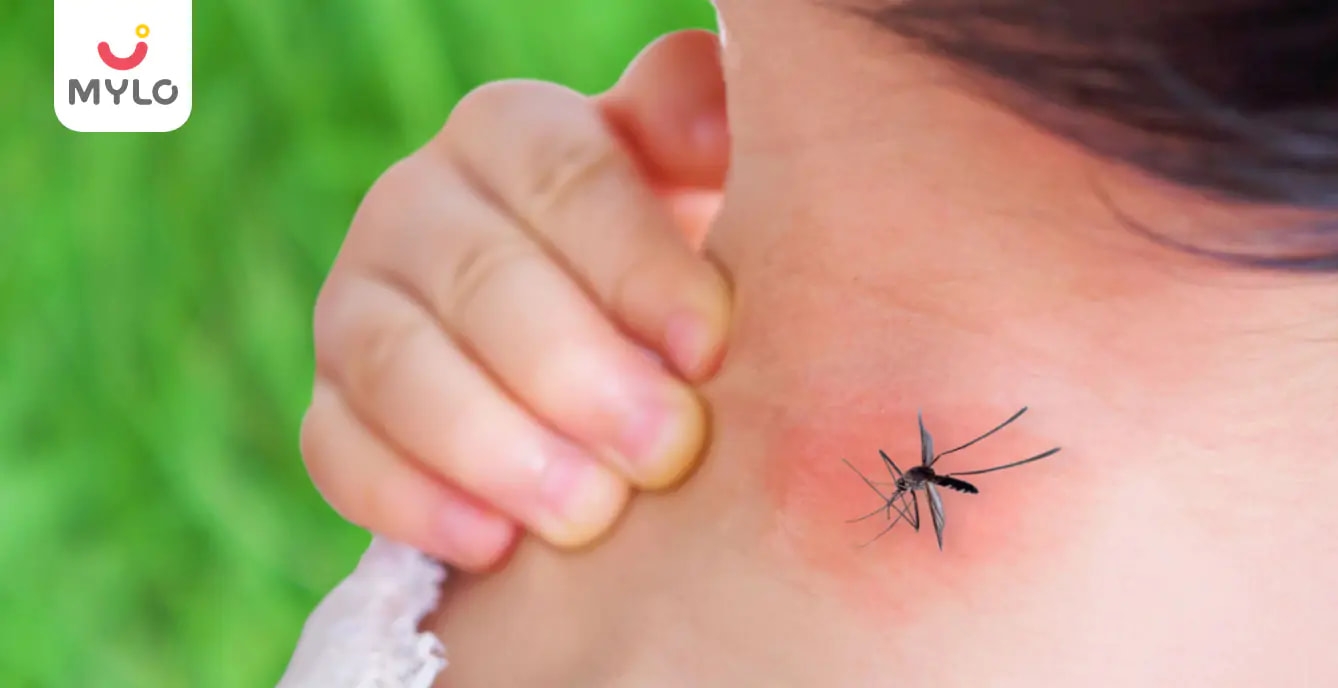
Pregnancy
7 Warning Signs of Dengue Fever That You Must Not Ignore
Updated on 24 October 2023
Dengue fever, often referred to as the "breakbone fever," is a stealthy and potentially life-threatening disease that's sweeping through tropical and subtropical regions, leaving a trail of discomfort, pain, and even death. The frightening part? Dengue doesn't always announce its arrival with glaring red flags. In this article, we will delve into the subtle yet crucial 7 warning signs of dengue fever that you must not overlook.
By the end, you'll know what are the symptoms of dengue fever in order to take timely action and protect yourself and your loved ones from this mosquito-borne menace. Dengue is on the rise, but with awareness, vigilance, and prompt intervention, you can stay one step ahead of this formidable adversary.
What is the first sign of dengue fever?
Dengue fever is a viral illness that is transmitted through the bite of infected mosquitoes. It is important to be aware of the early signs and symptoms of dengue fever in order to seek appropriate medical attention.
The first sign of dengue fever is usually a sudden onset of high fever, which is often accompanied by severe headache and joint pain. This initial stage of dengue fever is known as the febrile phase, and it typically lasts for about two to seven days.
Other common symptoms that may occur during this stage include muscle aches, fatigue, and a rash. It is important to note that these symptoms can vary from person to person, and not everyone infected with dengue fever will experience all of these symptoms.
You may also like: Eye Flu Alert: The Seasonal Epidemic You Need to Know About
How early can you detect dengue warning signs?
The early detection of warning signs is crucial for prompt medical intervention and management of dengue. The incubation period for dengue fever, which is the time between the mosquito bite and the onset of symptoms, can range from three to fourteen days.
However, most people will start to experience symptoms within four to seven days after being bitten by an infected mosquito. It is important to be vigilant during this period and monitor for any signs of dengue fever, especially if you have recently been in an area where dengue is prevalent.
7 warning signs of dengue fever in adults
While the symptoms of dengue fever can vary from person to person, there are several warning signs that adults should be aware of. These warning signs include:
1. High Fever
One of the most common symptoms of dengue fever is a sudden onset of high fever, often reaching 104°F (40°C) or higher.
2. Severe Headache
Many individuals with dengue fever experience severe headaches, which can be accompanied by pain behind the eyes.
3. Joint and Muscle Pain
Dengue fever often causes intense joint and muscle pain, which is why it is sometimes referred to as "breakbone fever."
4. Rash
A rash may develop on the skin, typically appearing two to five days after the onset of fever. The rash is usually characterized by small red spots or patches.
5. Fatigue
Dengue fever can cause extreme fatigue and weakness, making it difficult for individuals to carry out their daily activities.
6. Nausea and Vomiting
Some people with dengue fever may experience nausea, vomiting, and loss of appetite.
7. Bleeding
In severe cases of dengue fever, bleeding may occur. This can manifest as nosebleeds, bleeding gums, or blood in the urine or stool.
If you experience any of these warning signs, it is important to seek medical attention immediately.
You may also like: Dengue During Pregnancy: Causes, Symptoms, Risks & Treatment
7 warning signs of dengue fever in children
Children can also be affected by dengue fever, and it is important for parents and caregivers to be aware of the warning signs. The warning signs of dengue fever in children are similar to those in adults, but there may be some additional symptoms to look out for. Dengue warning signs include:
1. High Fever
Like adults, children with dengue fever may experience a sudden onset of high fever.
2. Irritability
Young children with dengue fever may become excessively irritable and restless.
3. Poor Appetite
Children may have a decreased appetite and show signs of refusing to eat.
4. Vomiting
Vomiting is another common symptom in children with dengue fever, and it may be accompanied by abdominal pain.
5. Skin Rash
Children may develop a rash, which can appear as small red spots or patches on the skin.
6. Pale, Cold, or Clammy Skin
Some children with dengue fever may have pale, cold, or clammy skin, which can be a sign of dehydration.
7. Difficulty Breathing
In severe cases, children may have difficulty breathing or show signs of respiratory distress.
If your child exhibits any of these warning signs, it is important to seek medical attention immediately.
You may also like: What to do if my child has dengue?
When to see a doctor?
If you experience any of the warning signs of dengue fever, it is important to seek medical attention as soon as possible. Early diagnosis and management of dengue fever can help prevent complications and ensure a faster recovery.
Additionally, if you have been in an area where dengue is prevalent and develop symptoms within two weeks of returning, it is advisable to see a doctor even if the symptoms are mild. Dengue fever can progress rapidly, and prompt medical intervention is crucial for a better outcome.
Steps to prevent dengue fever
Now that we know what are the symptoms of dengue fever in adults and children, let’s understand some steps to prevent it. Preventing dengue fever is essential, especially in areas where the disease is prevalent. Here are six ways to prevent dengue fever:
1. Eliminate Mosquito Breeding Sites
Mosquitoes that carry dengue fever breed in stagnant water. Therefore, it is important to eliminate any potential breeding sites around your home, such as empty containers, flower pots, or discarded tires.
2. Use Mosquito Repellent
Apply mosquito repellents to exposed skin when spending time outdoors, especially during peak mosquito activity times, such as early morning and late afternoon.
3. Wear Protective Clothing
Cover your skin with long-sleeved shirts, pants, and socks to reduce the risk of mosquito bites.
4. Use Mosquito Nets
Sleep under a mosquito net, especially if you live in an area where dengue fever is prevalent.
5. Keep Doors and Windows Screened
Install screens on doors and windows to prevent mosquitoes from entering your home.
6. Community Efforts
Engage in community efforts to control mosquito populations, such as participating in clean-up campaigns or supporting mosquito control programs.
By following these preventive measures, you can significantly reduce the risk of contracting dengue fever.
The Bottomline
Dengue fever is a serious illness that should not be ignored. By being aware of the 7 warning signs of dengue fever and taking preventive measures, you can protect yourself and your family from this viral disease. If you experience any of the warning signs, seek medical attention immediately. Remember, early detection and management of dengue fever can make a significant difference in the outcome of the illness.
References
1. Kularatne SA, Dalugama C. (2022). Dengue infection: Global importance, immunopathology and management. Clin Med (Lond).
2. Khosavanna RR, Kareko BW, Brady AC, Booty BL, Nix CD, Lyski ZL, Curlin ME, Messer WB. (2021). Clinical Symptoms of Dengue Infection among Patients from a Non-Endemic Area and Potential for a Predictive Model: A Multiple Logistic Regression Analysis and Decision Tree. Am J Trop Med Hyg.
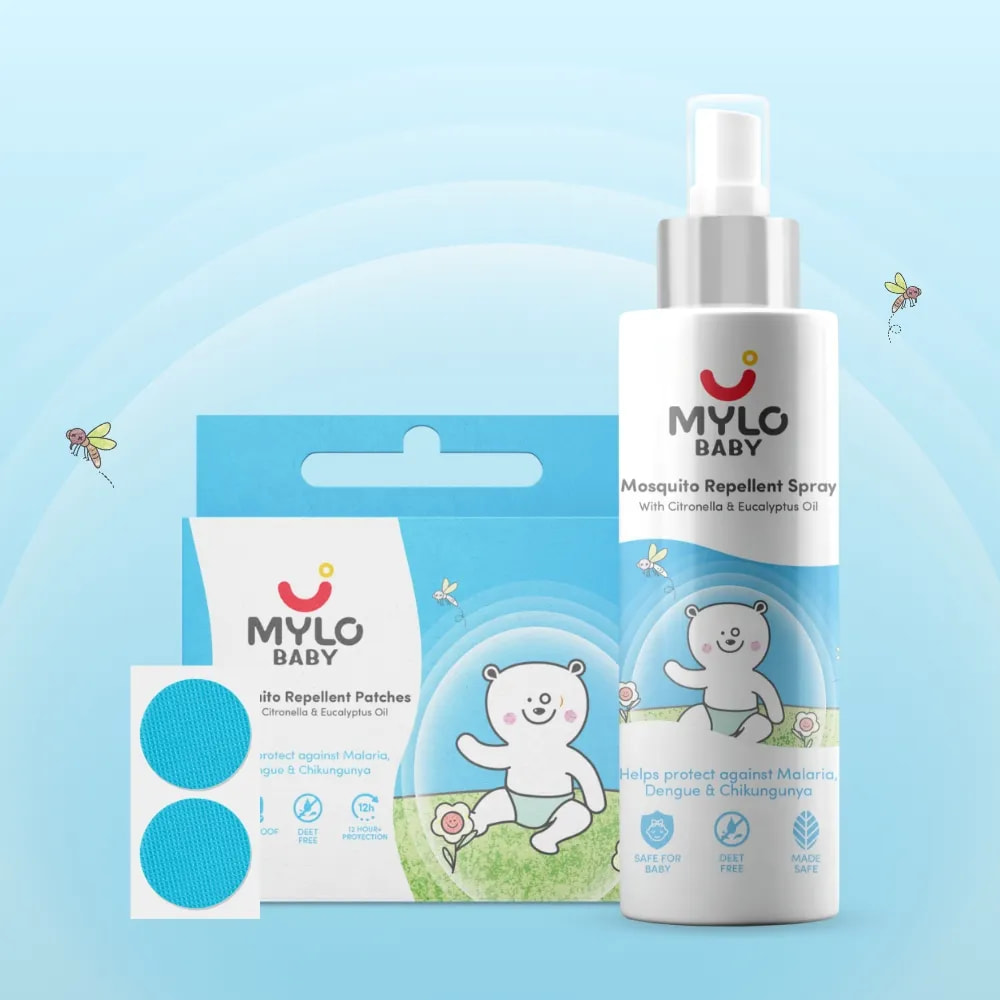
Baby Mosquito Spray (100 ml) & Mosquito Patches for Kids (24 Patches)
100% Natural Ingredients | Protect Against Dengue, Malaria, Chikungunya | 12 Hour Protection
₹ 392

4.2
(693)


4118 Users bought



Written by
Anupama Chadha
Anupama Chadha, born and raised in Delhi is a content writer who has written extensively for industries such as HR, Healthcare, Finance, Retail and Tech.
Read MoreGet baby's diet chart, and growth tips

Related Articles
Related Questions
Influenza and boostrix injection kisiko laga hai kya 8 month pregnancy me and q lagta hai ye plz reply me

Hai.... My last period was in feb 24. I tested in 40 th day morning 3:30 .. That is faint line .. I conculed mylo thz app also.... And I asked tha dr wait for 3 to 5 days ... Im also waiting ... Then I test today 4:15 test is sooooo faint ... And I feel in ma body no pregnancy symptoms. What can I do .

Baby kicks KB Marta hai Plz tell mi

PCOD kya hota hai

How to detect pcos

RECENTLY PUBLISHED ARTICLES
our most recent articles
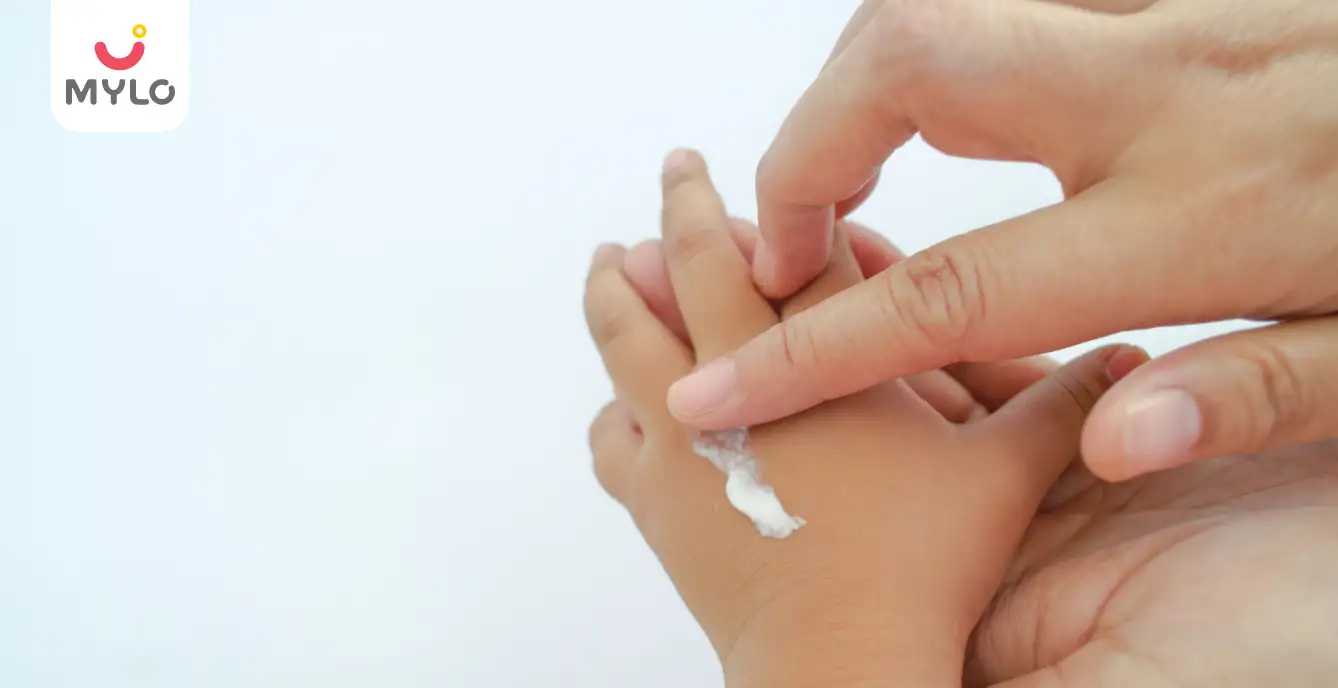
skin care
The Benefits and Risks of Using Hydrocortisone Cream for Babies

Second Child
The Ultimate Guide to Planning for Second Baby

Illnesses & Infections
The Ultimate Parent's Guide to Dealing with Boils in Babies

Baby Movements
2 Months Pregnant Belly: Understanding Your Belly and Baby's Transformation
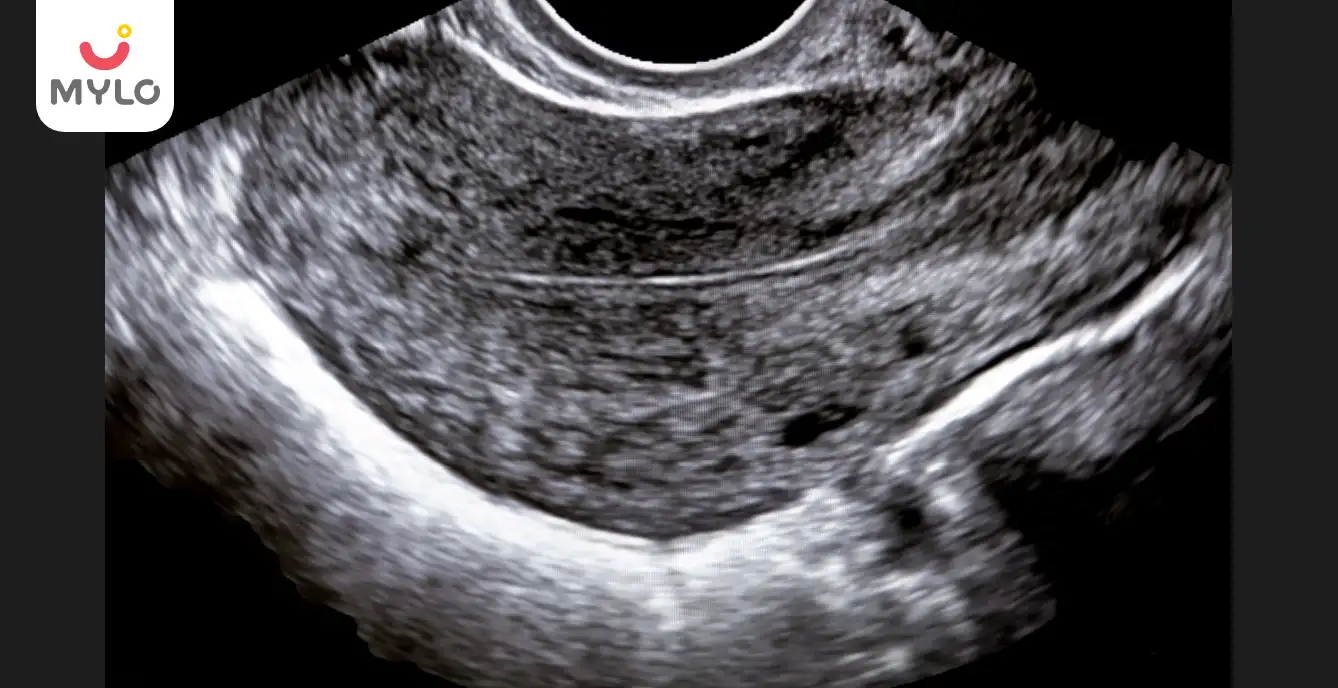
Conception
The Significance of Trilaminar Endometrium in Fertility: What You Need to Know
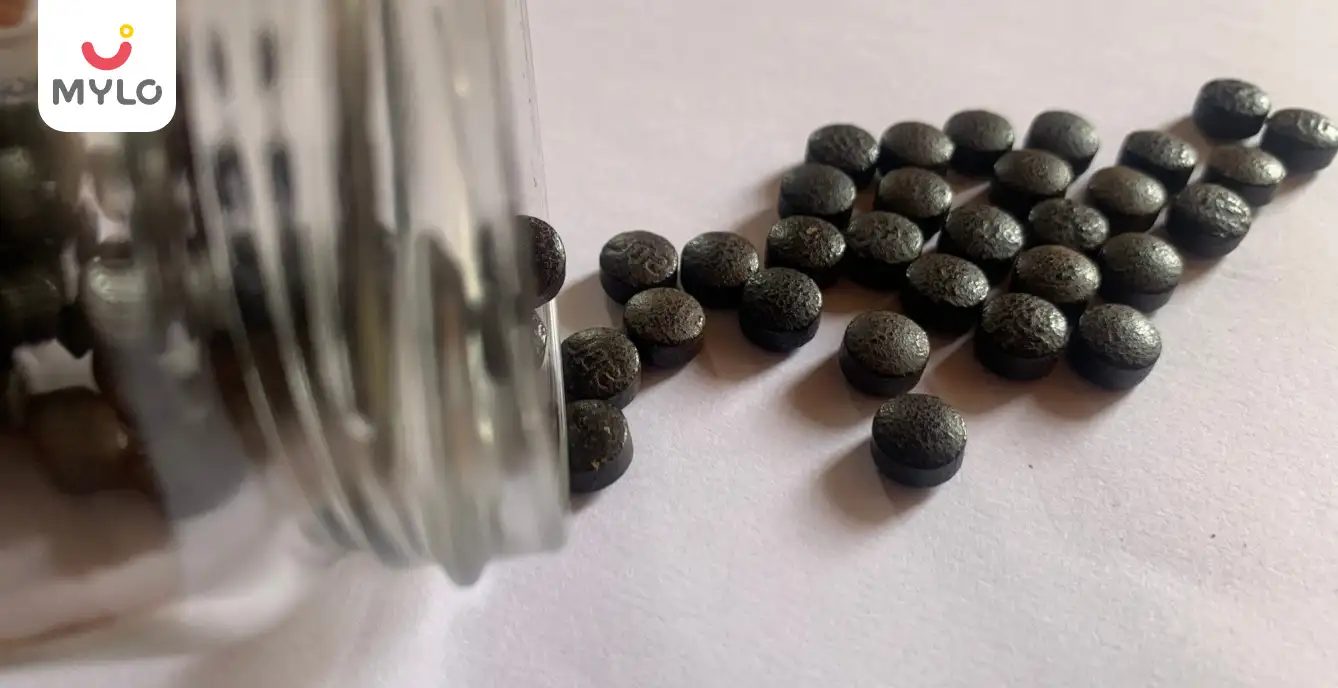
Herbal Medicines
Kanchanar Guggulu: Your Ultimate Guide to a Healthy Lifestyle
- First Trimester of Pregnancy
- Top 10 Comedy Movies on Hotstar to Make You Laugh Your Heart Out
- Stages of Pregnancy by Trimester
- Your Streaming Guide to the Best Web Series on Hotstar in Hindi
- Top Romantic Movies on Hotstar That'll Melt Your Heart
- When to Have Another Child: Timing and Tips
- Top 10 Benefits of Triphala: Discover the Hidden Health Secrets
- Ayurvedic Medicine for Irregular Periods: Discovering Ancient Remedies for Hormonal Harmony
- The Link Between Missed Period and White Discharge
- Vata Pitta Kapha: The Ultimate Guide to Discovering Your Ayurvedic Constitution
- Top 10 Romantic Web Series on Hotstar You Must Watch
- Back Pain During Period: Understanding the Causes and Solutions
- Pain After Sex: The Ultimate Guide to Understanding Causes and Finding Relief
- Coffee in Periods: Debunking the Myths and Understanding the Facts


AWARDS AND RECOGNITION

Mylo wins Forbes D2C Disruptor award

Mylo wins The Economic Times Promising Brands 2022
AS SEEN IN

- Mylo Care: Effective and science-backed personal care and wellness solutions for a joyful you.
- Mylo Baby: Science-backed, gentle and effective personal care & hygiene range for your little one.
- Mylo Community: Trusted and empathetic community of 10mn+ parents and experts.
Product Categories
baby carrier | baby soap | baby wipes | stretch marks cream | baby cream | baby shampoo | baby massage oil | baby hair oil | stretch marks oil | baby body wash | baby powder | baby lotion | diaper rash cream | newborn diapers | teether | baby kajal | baby diapers | cloth diapers |




